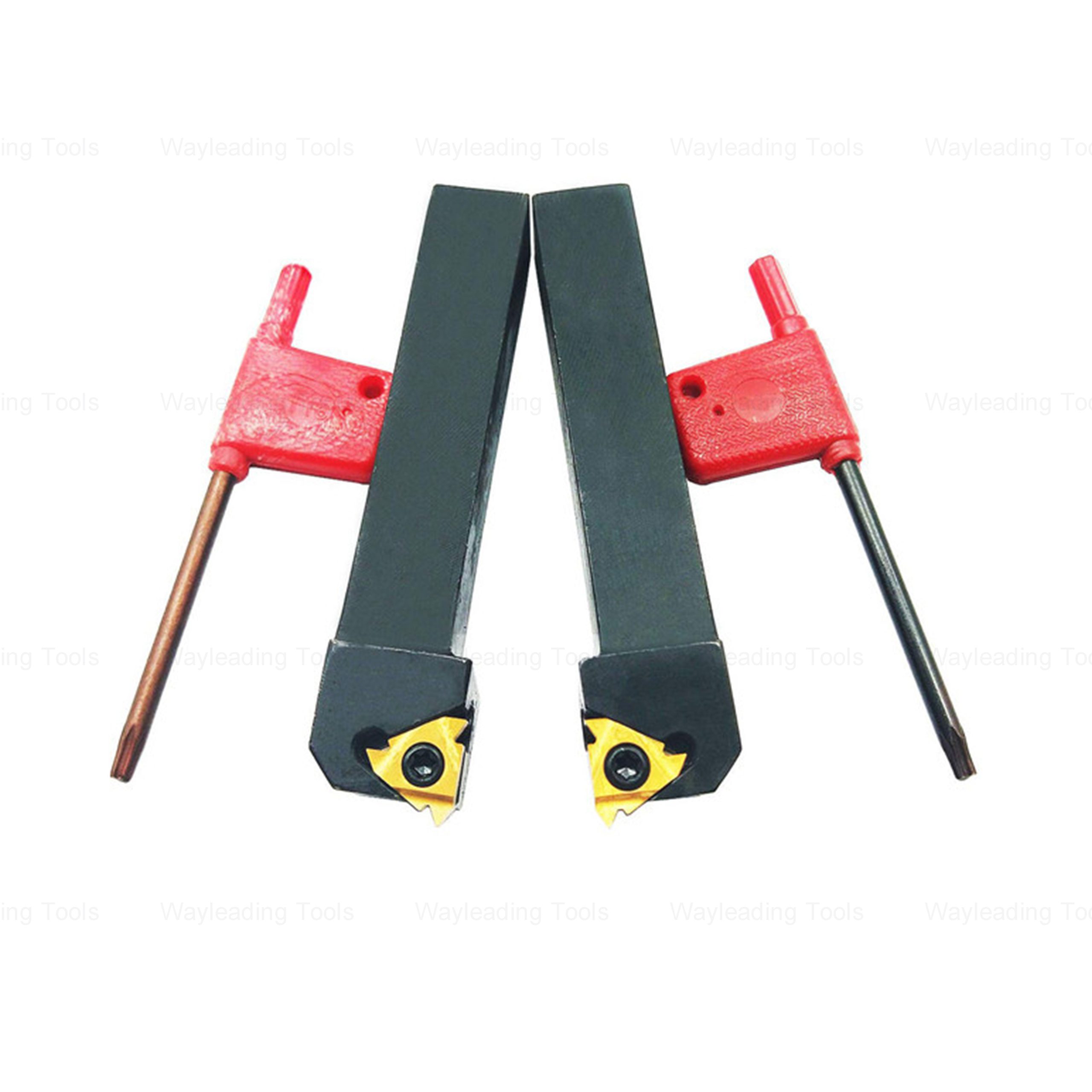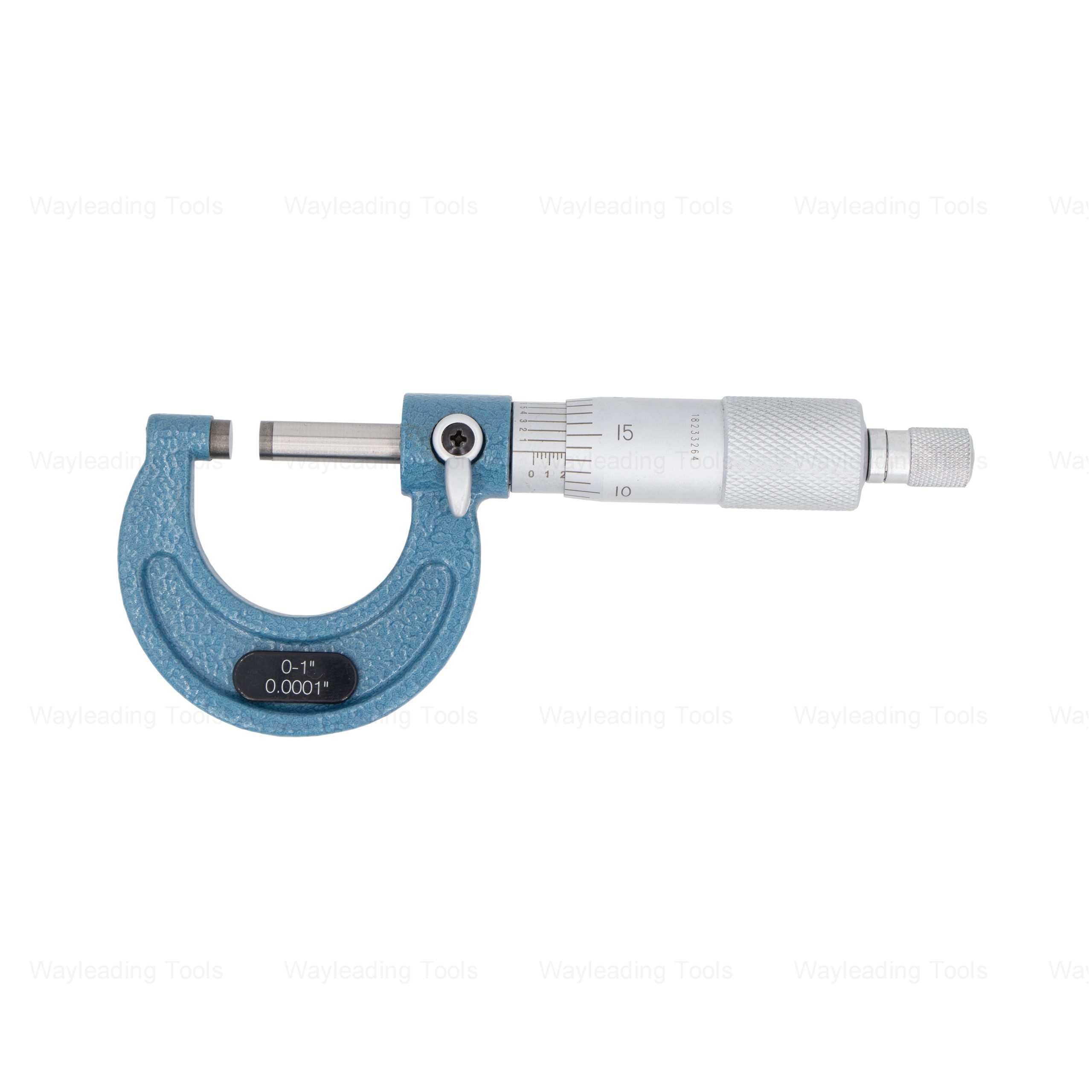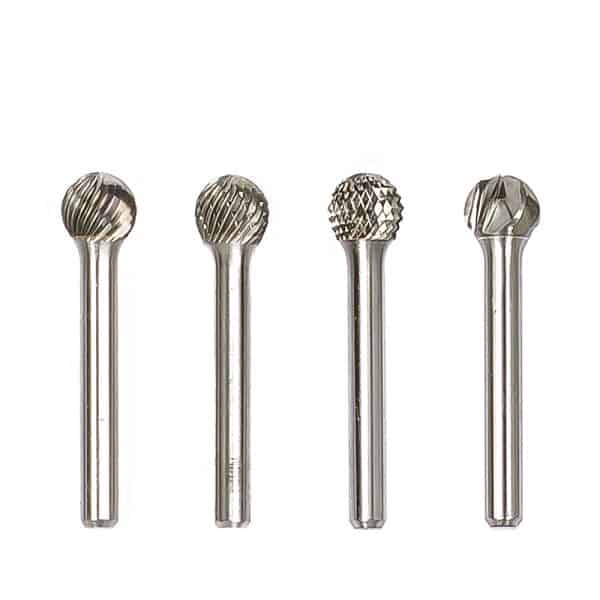expanding arbors Supplier
Expanding arbors are precision workholding devices used to securely grip and center workpieces with bores during machining operations. They offer high accuracy and repeatability, making them essential for various applications, including turning, grinding, and milling. This article explores the functionality, advantages, selection criteria, and applications of expanding arbors, guiding you to choose the right solution for your needs.
Understanding Expanding Arbors
What is an Expanding Arbor?
An expanding arbor, sometimes called an expansion mandrel, is a specialized type of mandrel designed to grip a workpiece internally. Unlike traditional mandrels that rely on a press fit, expanding arbors use a mechanical or hydraulic mechanism to expand and clamp the workpiece from the inside. This method provides several advantages over traditional workholding techniques, particularly for parts with tight tolerances or thin walls.
How Expanding Arbors Work
The basic principle involves expanding a sleeve or segments of the arbor against the internal diameter of the workpiece. This expansion creates a secure and concentric grip, ensuring accurate machining. Different designs exist, but most involve a tapered drawbar or hydraulic pressure to actuate the expansion mechanism.
Advantages of Using Expanding Arbors
Expanding arbors offer several key advantages that make them a preferred choice for precision machining:
- High Accuracy and Repeatability: Provides excellent concentricity and runout performance, ensuring consistent and accurate machining results.
- Secure Gripping: Offers a strong and reliable grip, even on thin-walled or delicate workpieces, preventing slippage or deformation during machining.
- Quick Changeover: Designed for fast and easy workpiece loading and unloading, reducing setup time and increasing productivity.
- Versatility: Can be used for a wide range of machining operations, including turning, grinding, milling, and inspection.
- Reduced Vibration: The secure grip minimizes vibration, leading to improved surface finish and tool life.
Types of Expanding Arbors
Several types of expanding arbors are available, each suited for specific applications:
Mechanical Expanding Arbors
These arbors use a mechanical mechanism, typically a tapered drawbar, to expand the sleeve. They are generally more economical than hydraulic arbors and are suitable for medium to high production volumes. Consider a mechanical arbor from a reputable expanding arbors supplier like Wayleading Tools if you value reliability and ease of use.
Hydraulic Expanding Arbors
Hydraulic arbors use hydraulic pressure to expand the sleeve, providing a consistent and adjustable clamping force. They are ideal for high-precision applications and workpieces with varying internal diameters. Hydraulic arbors offer superior clamping force and accuracy compared to mechanical versions.
Segmented Expanding Arbors
These arbors utilize multiple segments that expand independently to grip the workpiece. They are particularly well-suited for workpieces with irregular or interrupted bores. Segmented arbors offer exceptional flexibility and adaptability.
Tapered Expanding Arbors
These arbors use a tapered expansion sleeve for gripping. They are often used for workpieces with tapered bores or for applications requiring high gripping force.
Selecting the Right Expanding Arbor
Choosing the correct expanding arbor is crucial for achieving optimal machining results. Consider the following factors:
Workpiece Material and Geometry
The material and geometry of the workpiece will influence the type of arbor needed. Consider the internal diameter, length, wall thickness, and any special features (e.g., keyways, slots). Wayleading Tools’ expanding arbors can handle a wide range of materials and geometries.
Machining Operation
The type of machining operation (turning, grinding, milling) will also dictate the arbor selection. For example, grinding operations often require higher accuracy and rigidity than turning operations.
Accuracy Requirements
Determine the required accuracy and runout tolerance for the machining operation. Hydraulic expanding arbors typically offer the highest accuracy.
Clamping Force
Ensure the arbor provides sufficient clamping force to securely grip the workpiece without causing deformation. Consider the cutting forces involved in the machining operation.
Machine Spindle Interface
The arbor must be compatible with the machine spindle interface (e.g., HSK, BT, CAT). Ensure the arbor has the correct shank size and type.
Cost
Balance the cost of the arbor with the performance requirements. Mechanical expanding arbors are generally more cost-effective than hydraulic arbors.
Applications of Expanding Arbors
Expanding arbors are used in a wide range of industries and applications, including:
- Aerospace: Machining of aircraft engine components, landing gear parts, and structural components.
- Automotive: Machining of transmission components, engine parts, and brake components.
- Medical: Manufacturing of medical implants, surgical instruments, and orthopedic devices.
- Energy: Machining of turbine blades, valve components, and pump housings.
- General Manufacturing: Production of gears, bearings, and other precision components.
Maintaining Your Expanding Arbor
Proper maintenance is essential for ensuring the longevity and accuracy of your expanding arbor. Follow these guidelines:
- Regular Cleaning: Clean the arbor regularly to remove chips, coolant, and other debris.
- Lubrication: Lubricate the moving parts of the arbor as recommended by the manufacturer.
- Inspection: Inspect the arbor for wear, damage, or corrosion.
- Storage: Store the arbor in a clean, dry place when not in use.
Choosing a Reliable Expanding Arbors Supplier
Selecting a reputable expanding arbors supplier is crucial for obtaining high-quality products and reliable support. Look for a supplier like Wayleading Tools that offers:
- A Wide Range of Products: A comprehensive selection of expanding arbors to meet various needs.
- High-Quality Manufacturing: Arbors manufactured to strict quality standards using premium materials.
- Technical Support: Knowledgeable and responsive technical support to assist with arbor selection and application.
- Competitive Pricing: Affordable prices without compromising quality.
- Timely Delivery: Fast and reliable delivery to minimize downtime.
Conclusion
Expanding arbors are essential workholding devices for precision machining operations. By understanding the different types of arbors, their advantages, and the selection criteria, you can choose the right solution to improve your machining accuracy, efficiency, and productivity. Partnering with a reliable expanding arbors supplier like Wayleading Tools ensures you get the best possible products and support for your machining needs.
Related products
Related products
Best selling products
Best selling products-
 Precision Vernier Caliper With Nib Style Jaws Of Metric & Imperial For Industrial
Precision Vernier Caliper With Nib Style Jaws Of Metric & Imperial For Industrial -
 Precision V Block And Clamps Set With High Quality Type
Precision V Block And Clamps Set With High Quality Type -
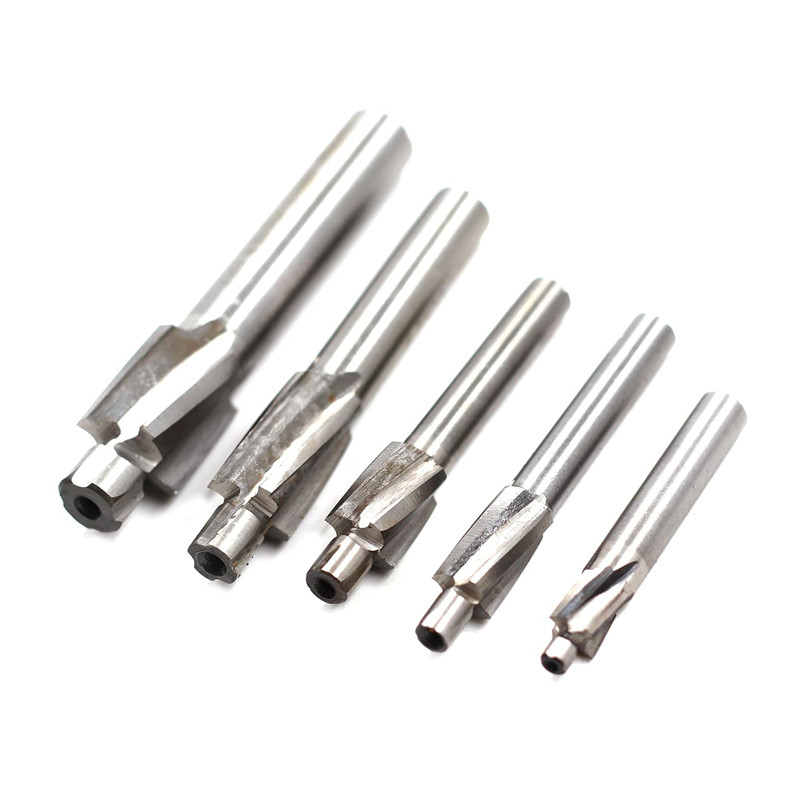 3 Flutes HSS Counterbore Drill Bit With Metric And Inch Size
3 Flutes HSS Counterbore Drill Bit With Metric And Inch Size -
 Type A Cylinder Tungsten Carbide Rotary Burr
Type A Cylinder Tungsten Carbide Rotary Burr -
 Precision V Block And Clamps Set With High Quality Type
Precision V Block And Clamps Set With High Quality Type -
 Precision Outside Micrometer With digit Counter Of Inch & Metric With Rachet Stop
Precision Outside Micrometer With digit Counter Of Inch & Metric With Rachet Stop -
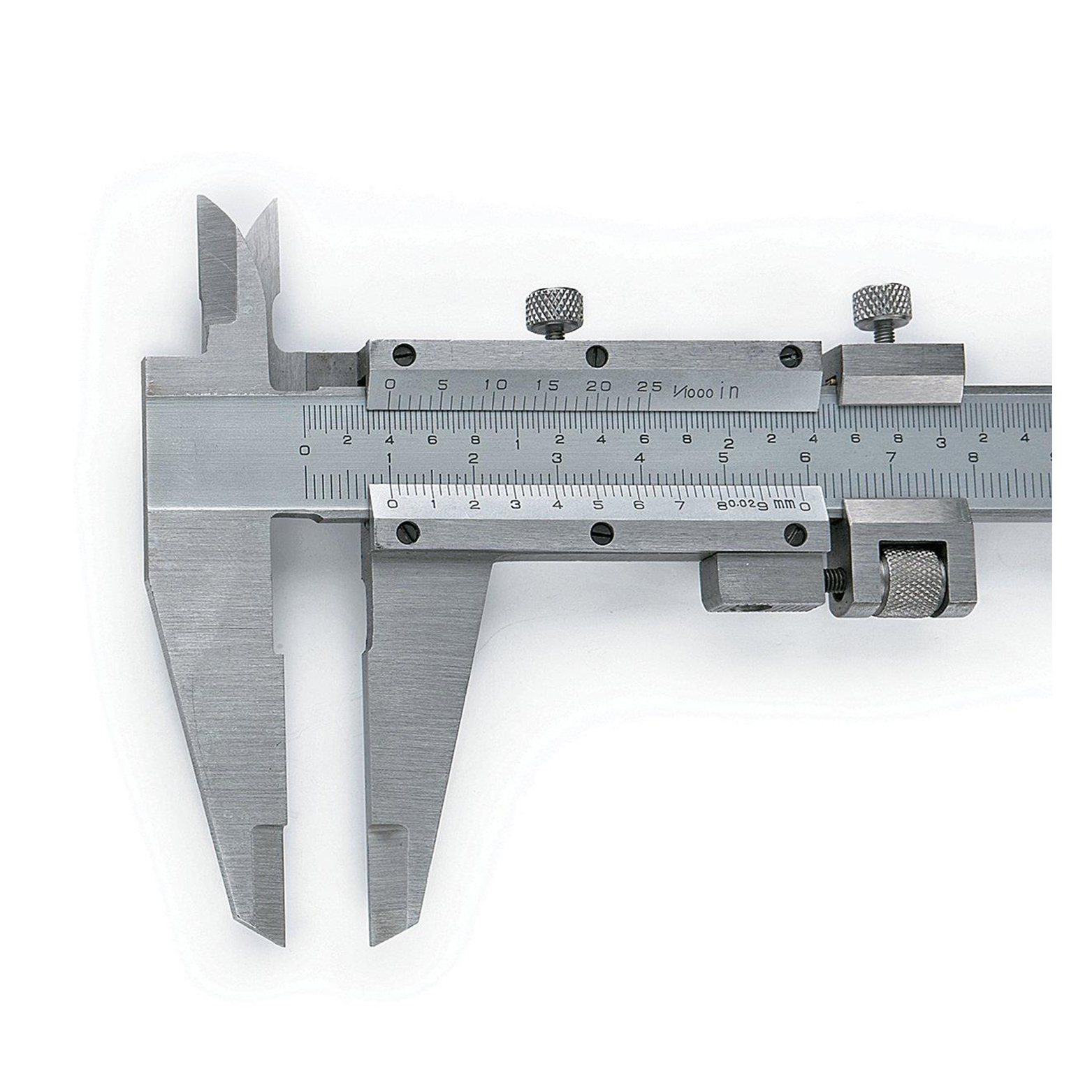 Precision Fine-Adjustment Vernier Caliper Of Metric & Imperial For Industrial
Precision Fine-Adjustment Vernier Caliper Of Metric & Imperial For Industrial -
 Type G Arc Pointed Tree Tungsten Carbide Rotary Burr
Type G Arc Pointed Tree Tungsten Carbide Rotary Burr -
 HSS Annular Cutters With Weldon Shank For Metal Cutting
HSS Annular Cutters With Weldon Shank For Metal Cutting -
 Double-beam Digital Gauge With Digital Counter
Double-beam Digital Gauge With Digital Counter -
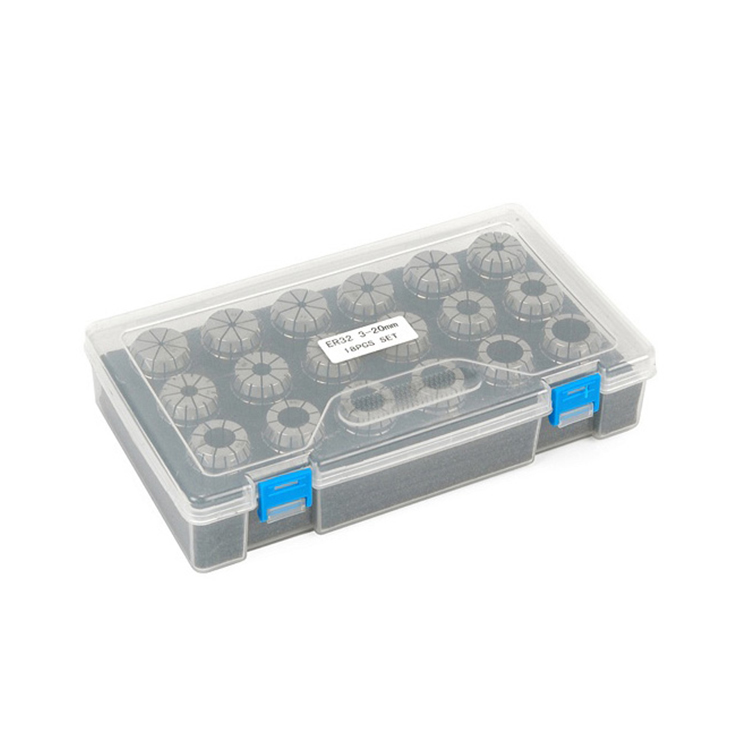 ER Collet Set With Hight Precision Milling
ER Collet Set With Hight Precision Milling -
 7pcs Carbide Turning Tool Set With Metric & Inch Size
7pcs Carbide Turning Tool Set With Metric & Inch Size

